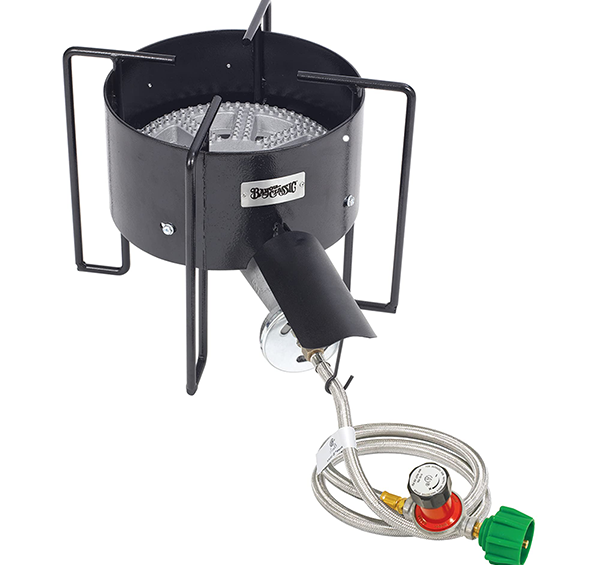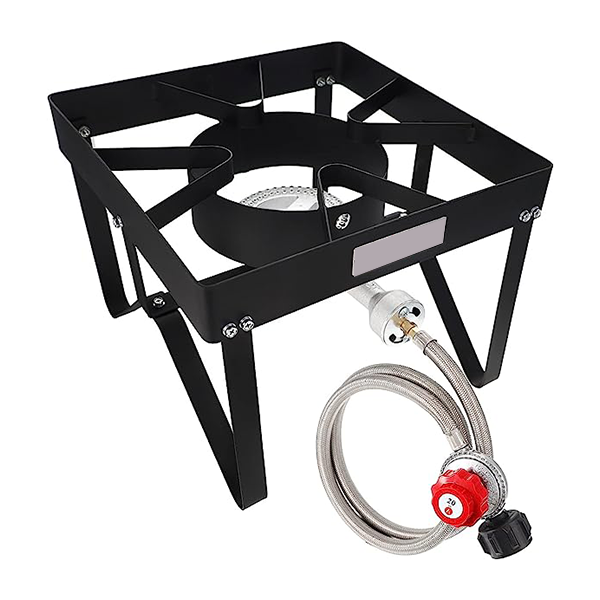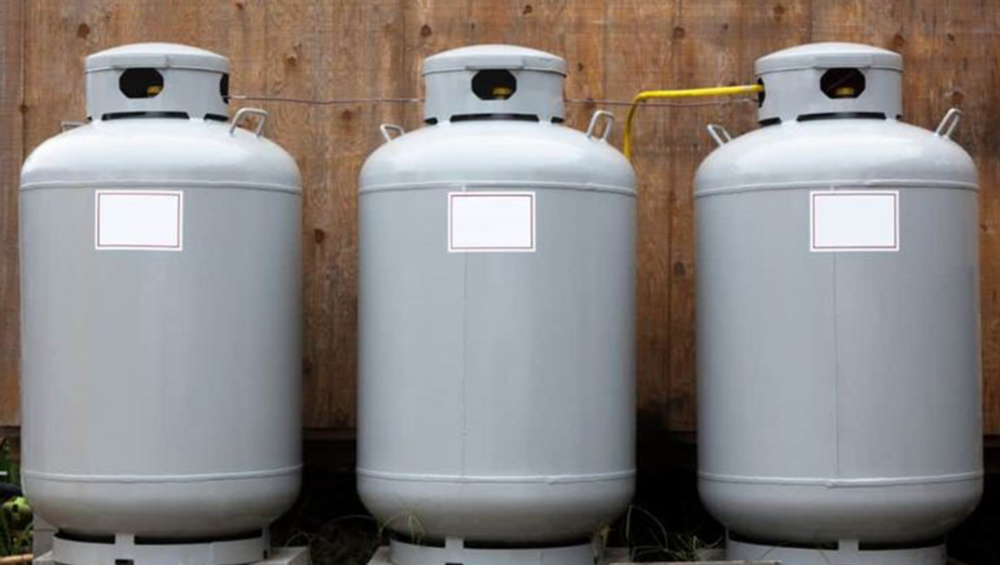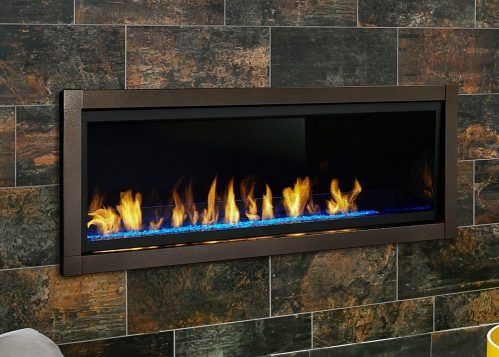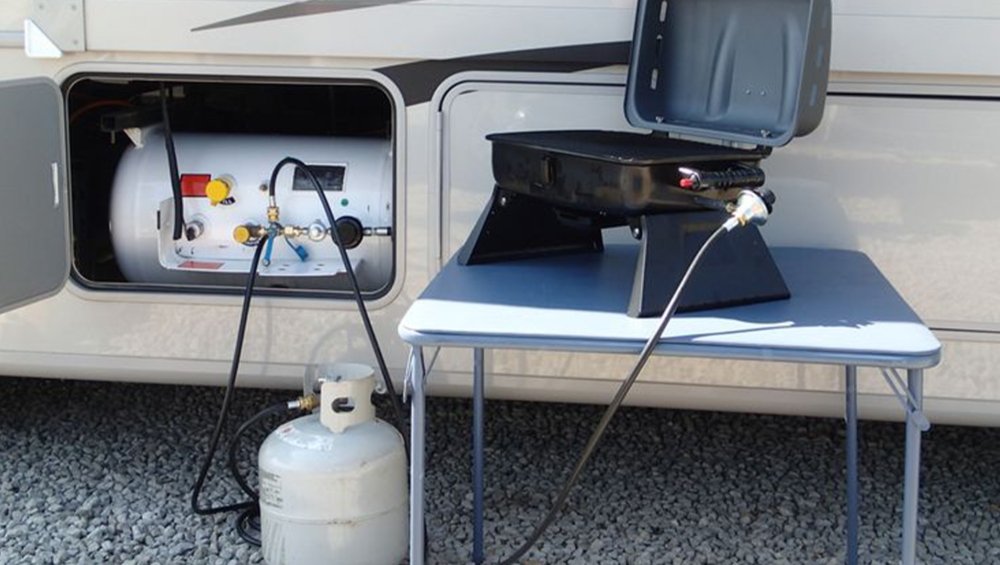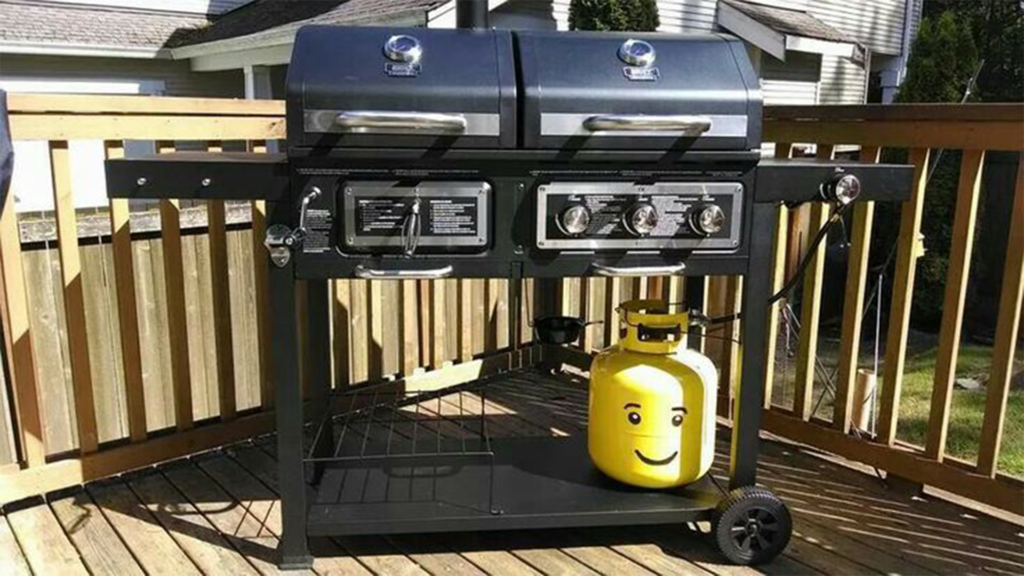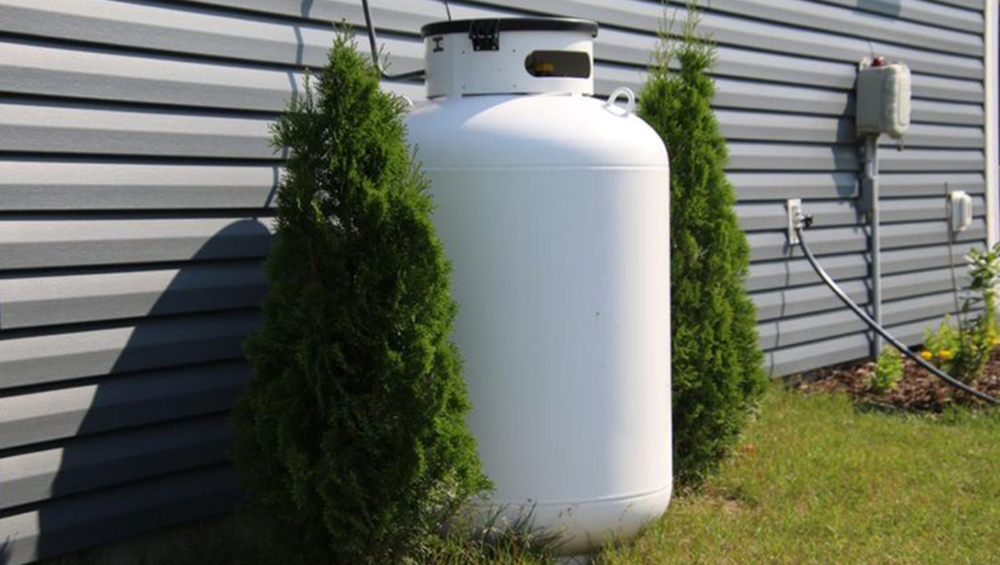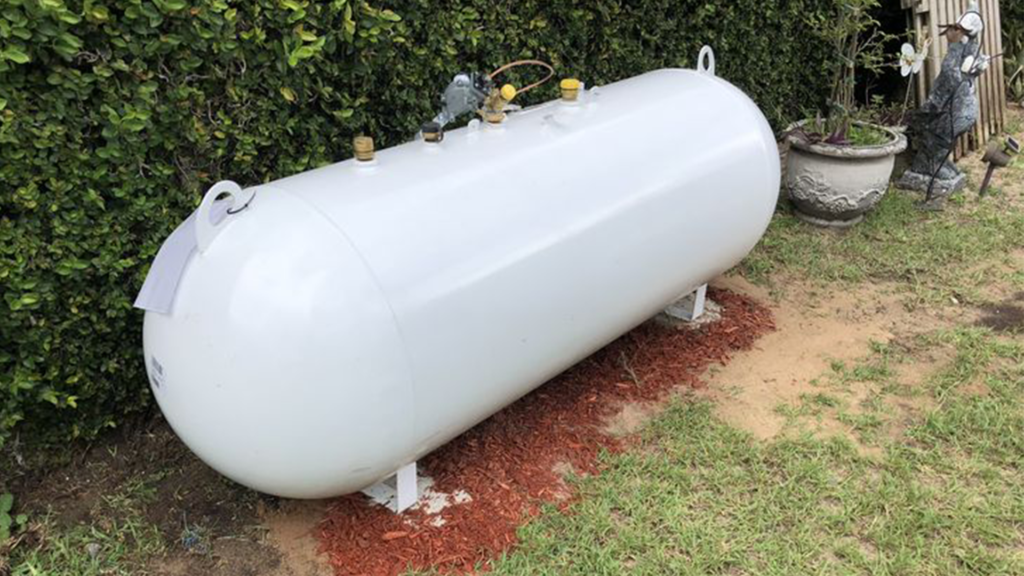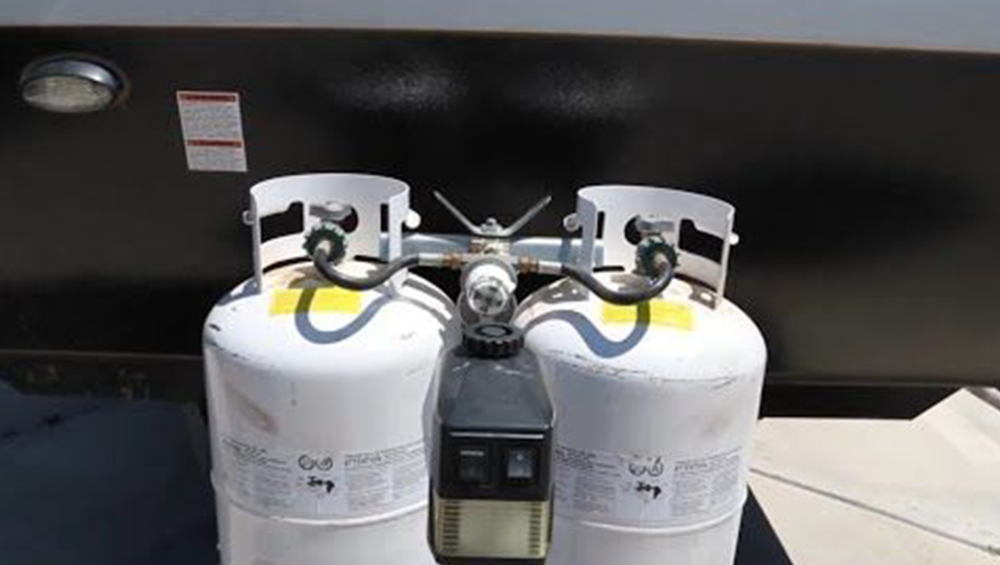Are you considering purchasing a home that relies on propane for heating? Propane is a popular choice for heating in many areas as it is efficient and provides reliable warmth. However, before you jump to finalizing your decision, there are some essential questions you should ask to become completely satisfied with the house you’re buying.
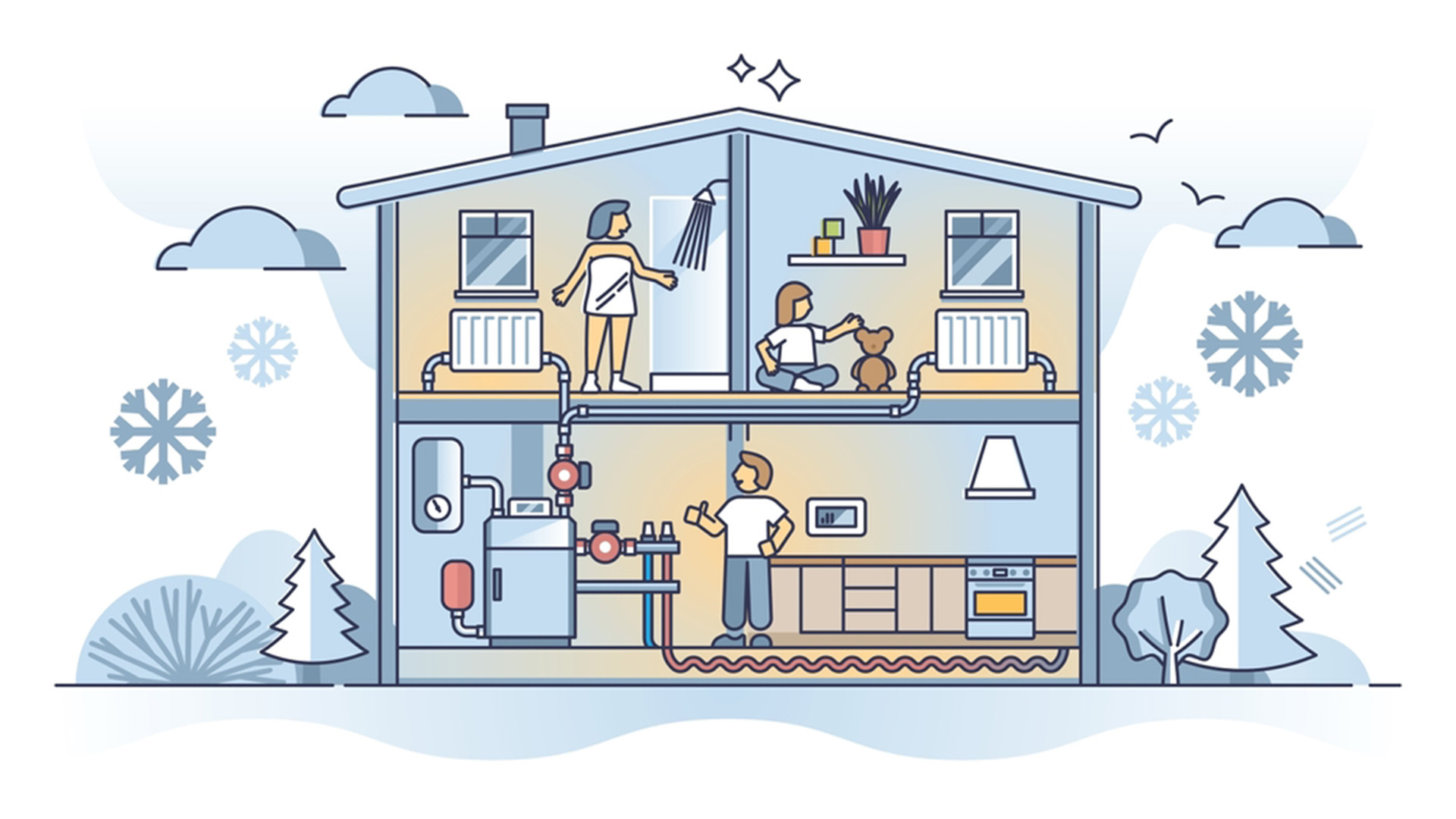 Questions You Need to Ask
Questions You Need to Ask
Let’s look into the important questions to make your buying process with propane heat smooth and easy!
Who Owns the Propane Tank at the House?
One of the first questions to ask is about the ownership of the propane tank on the property. In most cases, the tank is owned by the homeowner. However, this isn’t always possible. Sometimes, the tank is leased from a propane company. That means you’ll need to factor in lease fees or negotiate tank ownership as part of the home purchase. Make sure to clarify this right away to understand your responsibilities for the tank in the future.
Is It an Underground or Aboveground Propane Tank?
The location of the propane tank can influence its accessibility, maintenance requirements, and hazards. Underground tanks are typically not visible. They offer a more aesthetic view, but they may require regular inspections for corrosion, which could involve excavation. On the other hand, aboveground tanks are easier to access for maintenance but may be subject to visible wear and tear over time. When you know the tank’s location , it will help you understand any associated costs and maintenance efforts that you will need to do.
What Appliances Are Being Operated with Propane?
Understanding which appliances rely on propane can help you calculate money for budgeting and maintenance purposes. Common propane-operated appliances are heating systems, water heaters, stoves, and dryers. You should inquire about the age and condition of these appliances, as they can give you an idea about required future upgrades or replacements. Additionally, the compatibility of these appliances with your preferences is also important.
You should ask about the efficiency ratings and maintenance of the appliances. Efficient appliances decrease energy costs and contribute to a more sustainable lifestyle. Requesting maintenance records can provide valuable information about the system’s upkeep and any recurring issues that may need your attention.
Can I See Maintenance Records for the System?
Asking for maintenance records is a necessary step when buying a house with propane heat. These records show the system’s reliability, past repairs, and any ongoing concerns. Look for regular servicing, inspections, and repairs conducted by certified professionals. A well-maintained propane system is more likely to perform efficiently. Such systems will give you peace of mind as a homeowner.
When reviewing maintenance records, note down any red flags, such as frequent repairs, leaks, or outdated equipment. This information can influence your decision-making process and prompt further negotiations with the seller. Additionally, inquire about the propane delivery schedule and the availability of propane companies near you. Having reliable propane delivery services ensures uninterrupted heating during the colder months.
Options for Propane Delivery
Propane delivery near you can be easily arranged through reputable companies offering propane tank delivery. You should explore propane exchange delivery options for convenient refills without the hassle of handling propane cylinders yourself.
Conclusion
In conclusion, purchasing a house with propane heat requires you to ask the right questions about propane tank ownership, tank location, appliance usage, and maintenance records. Collaborating with reputable propane companies for delivery and maintenance services adds an extra layer of assurance to your homeownership journey. With careful planning, moving to a propane-heated home can be a rewarding and comfortable experience for years to come.

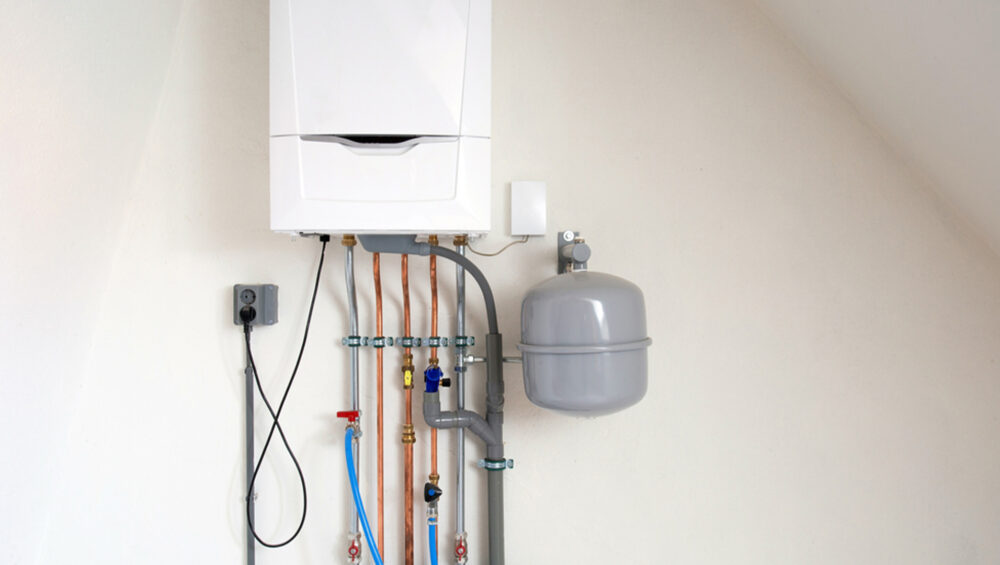
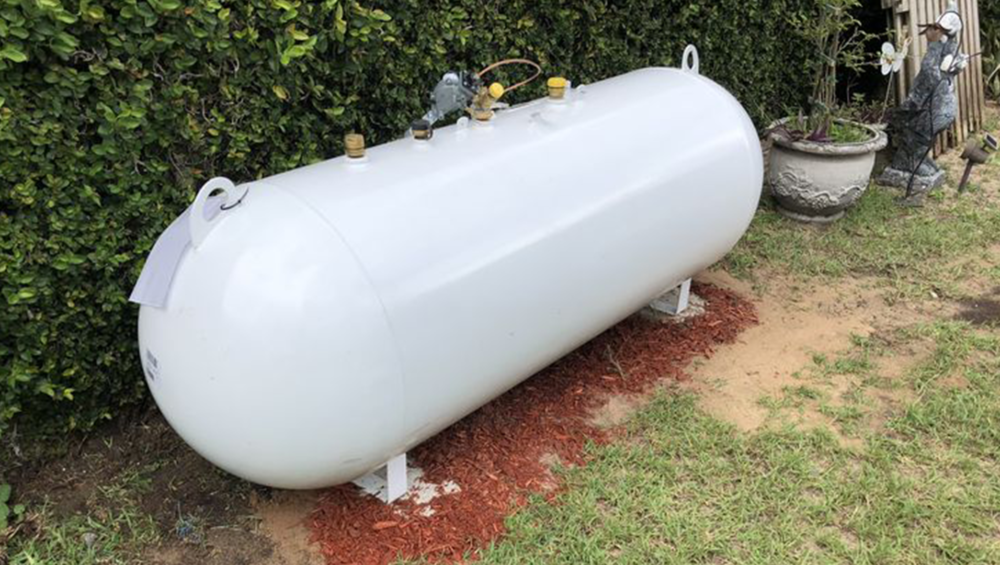

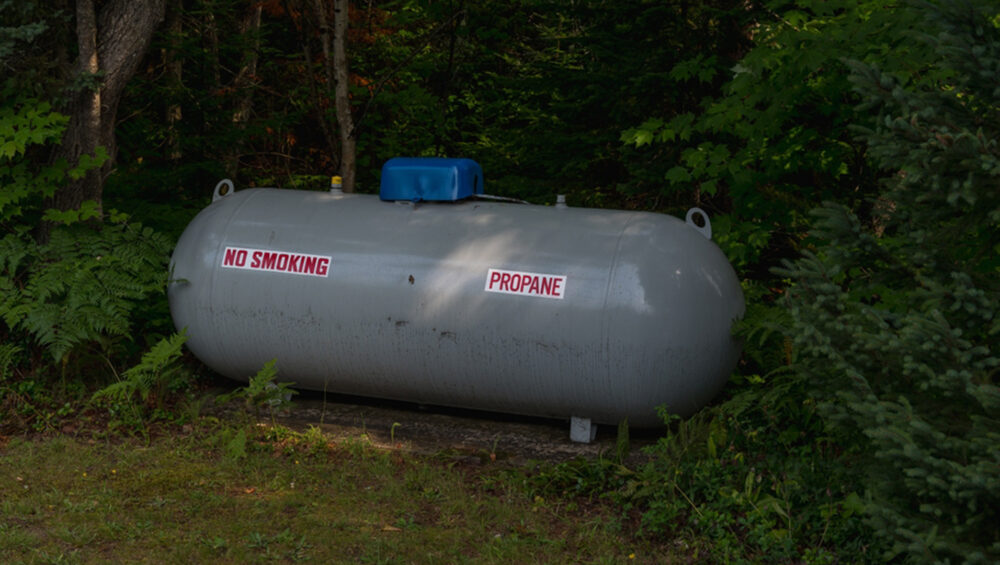
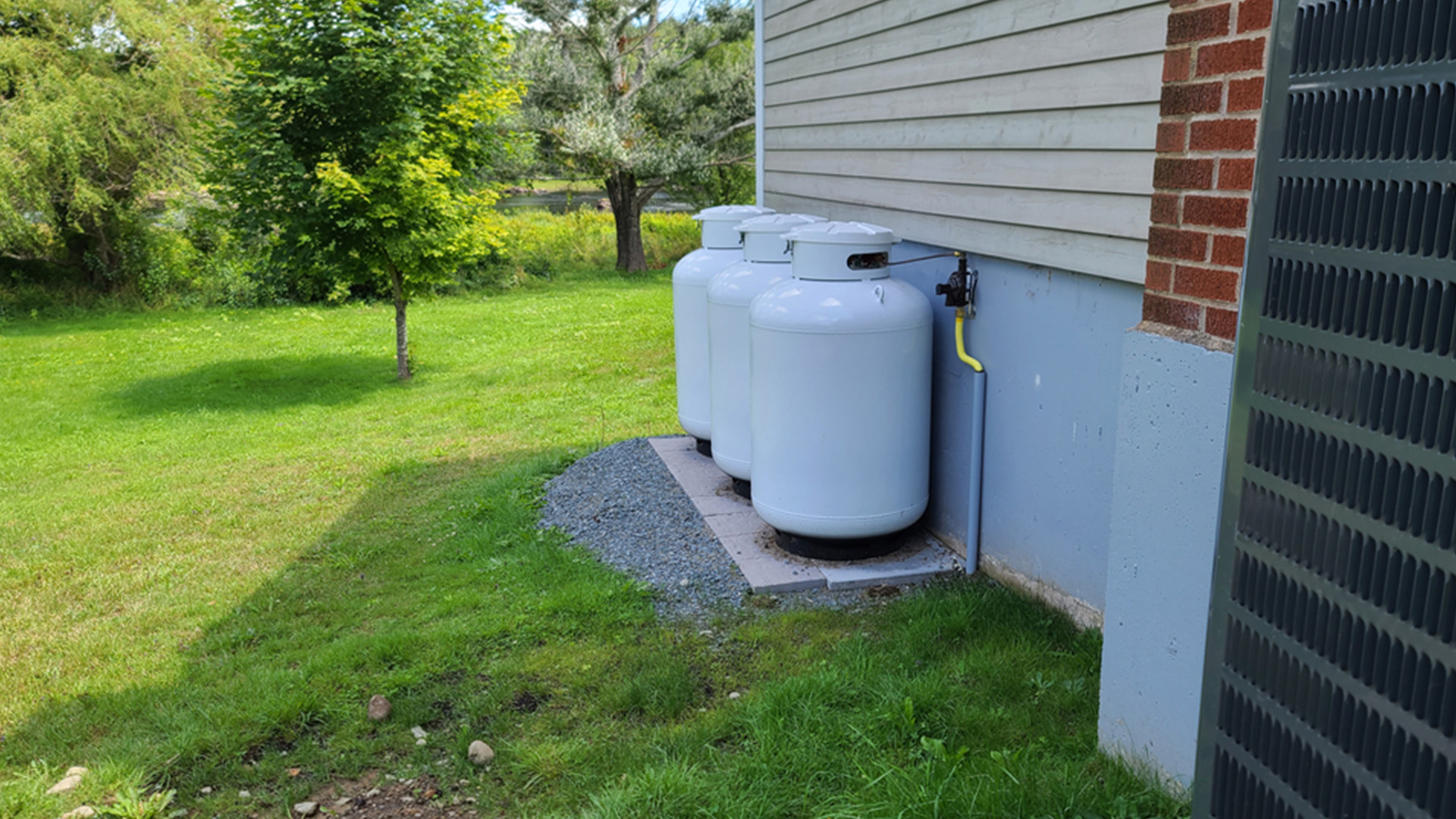 Understanding the Importance of Shutting Off Your Propane Tank
Understanding the Importance of Shutting Off Your Propane Tank